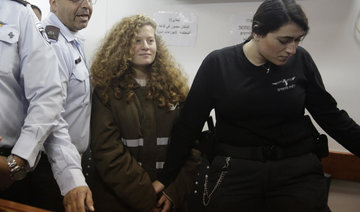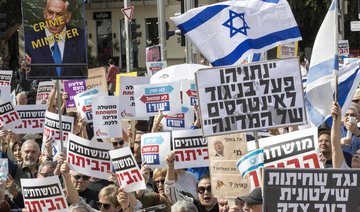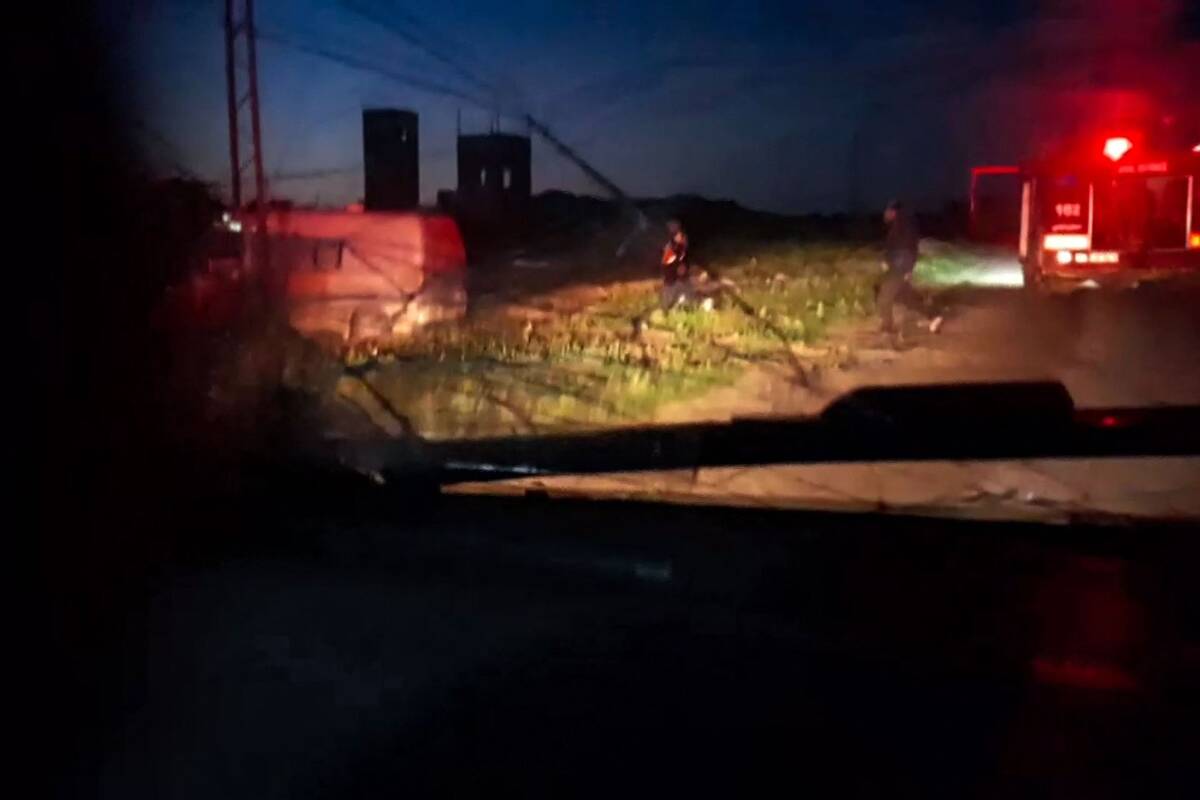AMMAN: Palestinian religious and tourism officials have welcomed a visit by the Omani foreign minister to East Jerusalem and called for steps to support tourism to the city.
Yusuf bin Alawi prayed at Al-Aqsa Mosque on Thursday in a rare visit to Islam’s third holiest site by a senior Arab dignitary.
Palestinian President Mahmoud Abbas has long urged Muslims to visit Al-Aqsa out of solidarity with the Palestinians, despite the Israeli occupation of East Jerusalem. But officials from countries with no ties to Israel have traditionally stayed away.
Sheikh Azzam Al-Khatib, director general of the Jordanian Awqaf in Jerusalem, told Arab News that the visit is welcomed by all Palestinians in Jerusalem. Jordan has been custodian of holy sites in Jerusalem.
“It gives attention to Jerusalem and reflects the natural extension we have to the Arab and Muslim worlds,” Al Khatib said, adding that such visits lift the spirits of the people of Jerusalem.
“When we see our brothers coming to visit us this… (it) lets us know that we are not alone and, at the same time, it is a signal to the world to increase efforts to bring peace to our region, as people will be able to see and feel the daily suffering we endure as a result of the Israeli occupation.”
Al-Khatib, whose organization is responsible for running the Al-Aqsa Mosque site inside Jerusalem’s walled Old City, said high-profile visits to Jerusalem need to be followed by visits from members of the public.
We want the people “to come and stay in our hotels, eat in our restaurants and participate in our religious and cultural events and projects,” Al-Khatib said.
Ihab Jabari, a tourism expert in Jerusalem, told Arab News that there are two levels of visits to Jerusalem. “One is a photo op and this is important politically and we leave this to President Abbas to manage, but the other level is the need to translate these visits to the opening up of new tourists coming to Jerusalem.”
For decades various governments and religious organizations said Muslims should not visit Jerusalem because of Israel’s occupation.
Jabari hailed recent fatwas and statements from different religious and political sources that have said Muslims should visit Jerusalem but said it has not been easy to reverse people’s thinking. “It is hard for people to shift their thinking very quickly just because of a fatwa or a photo of a minister in Al-Aqsa Mosque,” Jabari said.
The change in approach started with countries such as Turkey, which has diplomatic ties with Israel.
“Turks stay in East Jerusalem an average of three days. They have an embassy in Tel Aviv and therefore there is no political or legal problem to come and Israel makes it easier for Turks to get visas than for others in the region.”
But Ihab Jabari, the adviser for the Holy Land Incoming Tour Operators Association, said Palestinians in Jerusalem want tourists to come from Arab and Islamic countries and to do so through Palestinian tour agencies. “All Palestinian embassies in these countries must support this effort,” he said.
The tour expert said that the current occupancy rate in East Jerusalem’s 2,000 hotel rooms is around 50 percent. “If the occupancy rate goes up to 75 percent this will encourage investors to build.”
Jabari said that nearby Bethlehem has 3,900 hotel rooms “rented at very inexpensive rates.”
Official records show rising numbers of tourists from majority Muslim countries. Last year 12,000 arrived from Malaysia (up from 5,000 the years before). From Indonesia 24,000 Muslim tourists arrived in Jerusalem and 30,000 from Turkey. Nearly 5,000 tourists came from Morocco.
“Our prices are lower than those on the Israeli side of Jerusalem but the Israelis fight us by telling tourists from western countries that our area is unsafe,” Jabari said. “Muslim tourists are happy to stay with us and feel at home in East Jerusalem because we understand their cultural, religious and touristic needs.”
Speaking in the Palestinian west bank city of Ramallah after the meeting with Abbas, bin Alawi, said: “We have to encourage Arabs everywhere to come to Palestine because, as I said, hearing is not the same as seeing. What is needed now is for them to see the Palestinians.”
Palestinians want part of Jerusalem as the capital of a future state. Israel occupied the Arab eastern half of the city in 1967 and the status of the Al-Aqsa Mosque compound, which sits above the Jewish holy sites above Temple Mount, the holiest site in Judaism, is central to any talks to resolve the conflict.
US President Donald Trump sparked widespread anger in December when he recognized Jerusalem as the capital of Israel and said that he would move the US Embassy there.



























